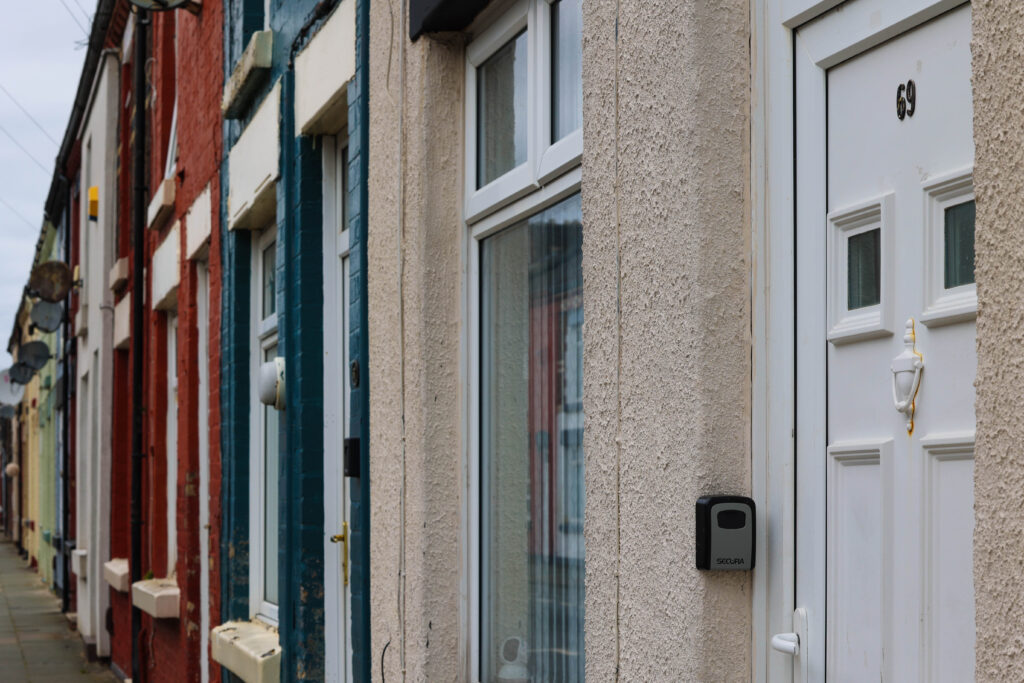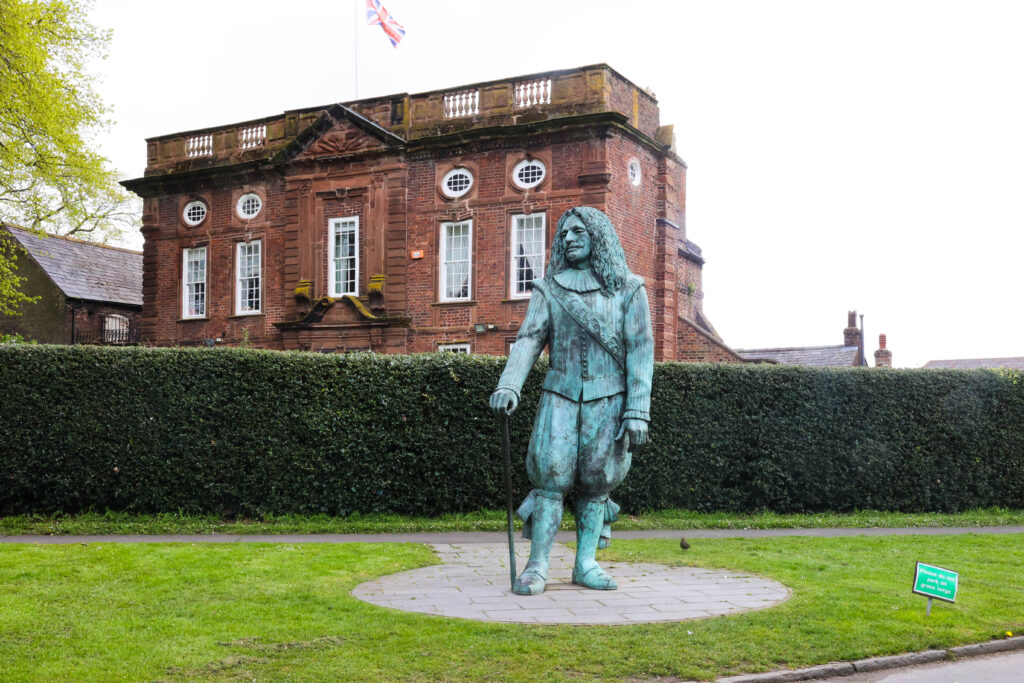The Merseyside Violence and Community Safety Survey Report
Serious Violence impacts us all, regardless of whether we are affected directly as victims or not.
We know that the presence of violence in our communities significantly undermines confidence and our feelings of safety. Until now, the extent and scale of its influence has been difficult to measure as statistics only provide part of the picture.
That’s why, in collaboration with the Public Health Institute at Liverpool John Moores University, we have implemented the Merseyside Violence and Community Safety (MerVCom) Household Survey in 2024/25.
This research, seeks to lift the lid on the full range of feelings, experiences and perceptions of our communities to give us a truly comprehensive and unparalleled understanding of the realities of violence, community safety and Adverse Childhood Experiences (ACEs) across our region and importantly how these feelings and experiences influence people’s lives.
In amplifying the voices of people across Merseyside, we see clearly – and for the first time – the magnitude of the challenges in front of us. But we are also able to better recognise collective opportunities for change – and have a new platform from which to initiate action.
You can find all of these reports below.



The survey data provides us and wider stakeholders with comprehensive data and insights to inform violence prevention.
The overarching report serves as the first in a series of outputs and summarises key findings from the full suite of outputs, along with the study methodology.
The report has three key sections:
Section 1: Perceptions of Community Safety, Violence and Neighbourhood Cohesion, and Bystander Attitudes.
Section 2: Adulthood Violence Victimisation.
Section 3: Adverse Childhood Experiences (ACEs).
Reports
“Our region has come a long way, and our success will serve as a motivating force to achieve more. This report is a sobering reminder of the magnitude of issues we face but also gives us a clearer understanding of where and how we can make a positive difference.
“I fully welcome its recommendations, and I reaffirm my commitment to driving forward the change our communities need and deserve. Only by working together – as communities, services, and leaders — can we create a safer, stronger, and more resilient Merseyside.”
Emily Spurrell, Merseyside Police and Crime Commissioner
“At the Merseyside Violence Reduction Partnership (VRP), we are clear that violence is preventable, not inevitable. To successfully prevent any unwanted or harmful behaviour, we must understand its root causes – and that can only happen by listening and learning from the communities where the behaviour is centred.
“Our work is grounded in the belief that early intervention and prevention are critical. The findings of this survey demonstrate that we must act earlier and more effectively to support children, families, and communities to break these cycles of trauma, violence, and poor outcomes. This means not only focusing on individuals but also addressing the wider community and societal factors that enable harm to continue – poverty, inequality, lack of opportunity, and exclusion.”
Georgina Garvey, Director of the Merseyside Violence Reduction Partnership
“Violence places significant impacts on our children, families and communities. However, violence is preventable. This research amplifies the voice of adults living in Merseyside and provides policymakers and practitioners with vital information on perceptions and experiences of safety, cohesion and violence, including adverse childhood experiences.
“Critically, it highlights the importance of adopting a multi-agency public health approach to intervene early and address the root causes of violence, for the benefit of our communities and future generations.”
Zara Quigg, Lead Researcher Liverpool John Moores University


